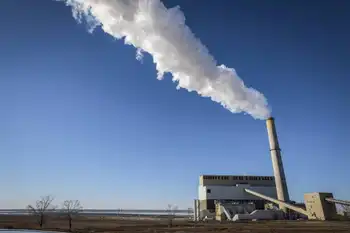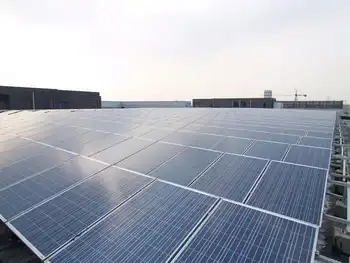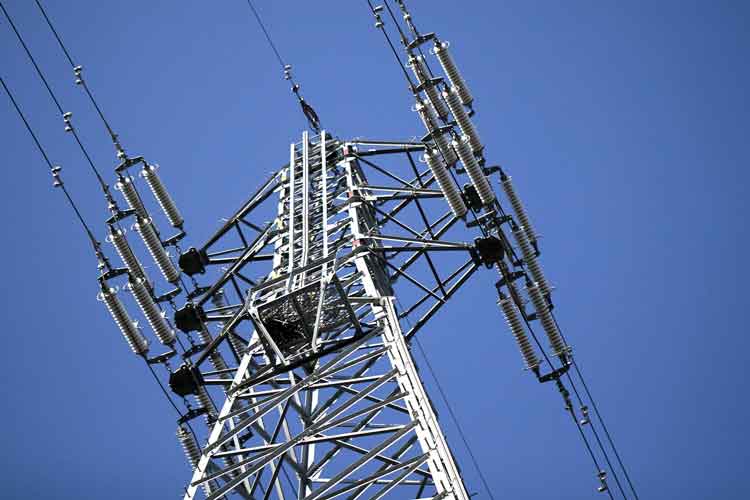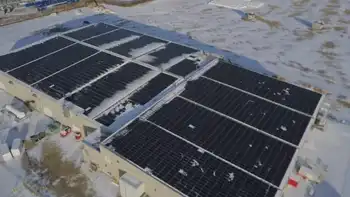Scotland doubles estimates of hydropower potential
By Industrial Info Resources
Protective Relay Training - Basic
Our customized live online or in‑person group training can be delivered to your staff at your location.

- Live Online
- 12 hours Instructor-led
- Group Training Available
Hydro resources for Scotland are now estimated to be 1.2 gigawatts, according to an update to a 2008 report that previously put potential hydro capacity at 657 megawatts (MW). The new figure covers more than 7,000 schemes and for the first time, includes micro-hydropower schemes that generate less than 100 kilowatts (kW) and factors in payments to supply electricity to the grid.
According to the report, a 100-kW scheme operating with an average annual output, would generate enough electricity to power more than 50 homes a year. The favourable tariff for micro-hydro generation allowed for the increased number of potential hydropower sites in the updated report.
"There is a clear untapped potential for smaller, community hydro schemes which can create green energy and tackle climate change," said Energy Minister Jim Mather. "While large scale renewable energy development is helping drive economic recovery, there could also be substantial economic and social benefit from micro-hydro schemes. Today's report identifies the welcome potential for hundreds of new jobs in hydropower in manufacturing, installation and distribution. While every new scheme must be assessed on its own merits, if we can tap into new hydropower we can tackle climate change and continue to stimulate sustainable economic growth."
The government's increased support for hydropower has been welcomed by numerous trade bodies, including Scottish Renewables.
Johanna Yates, policy manager for hydro and marine at Scottish Renewables, said: "This highlights the importance hydro can play in Scotland's economic landscape. Hydro schemes are an essential part of Scotland's energy mix, nationally for meeting renewables targets, but also the smaller schemes can provide local economic benefits. Scottish Renewables welcomes the government's commitment to promoting all scales of hydro through recognising local benefits whilst working within the sensitivities of the water environment. What we need to see now is a commitment to delivery of these 1,200 MW of renewable energy by encouraging investment in the hydro sector."
Scotland's drive for more hydropower was derailed last year, when the first large-scale Scottish hydroelectric project in 50 years was knocked out of action by a rock fall. The 100-MW Glendoe hydropower plant was struck by a large rockslide last August, just one month after opening. According to owners Scottish and Southern Energy plc, the facility will remain offline until 2011.











